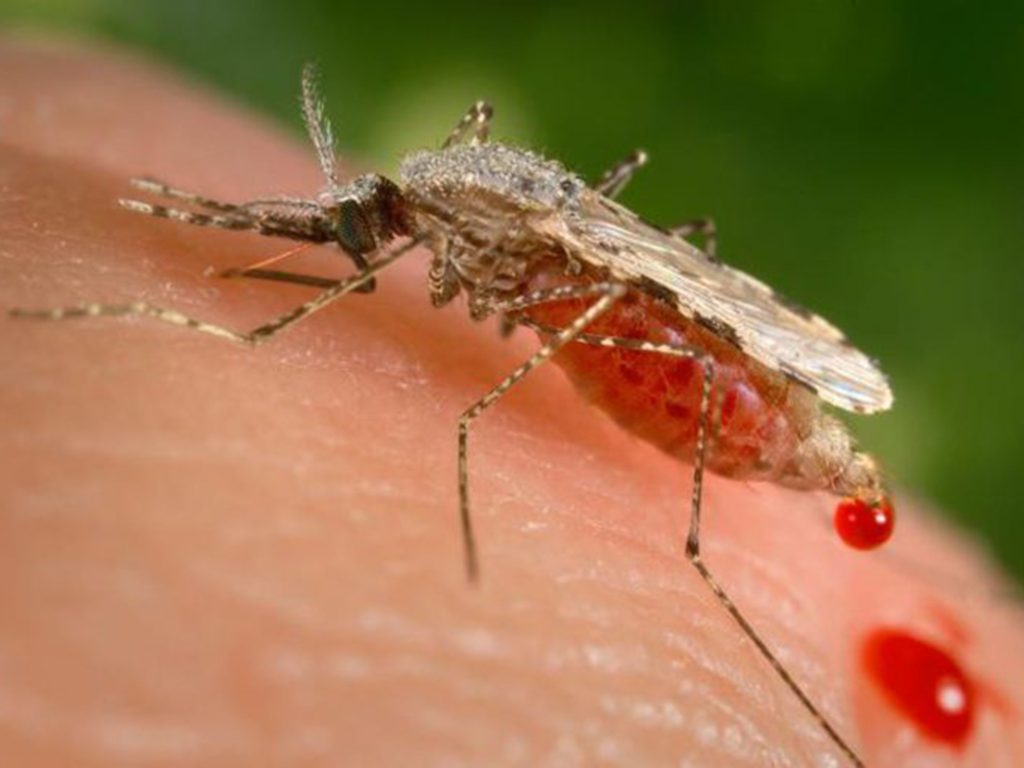Health Tips
Do you know that toothpaste can end up with rooted malaria
Today World is Malaria Day. On this occasion, today we are telling you how the toothpaste is hidden in the treatment of malaria. A recent research done in London found that toothpaste, soap and detergent can be treated with malaria.

New Delhi: Today World is Malaria Day. On this occasion, today we are telling you how the toothpaste is hidden in the treatment of malaria. A recent research done in London found that toothpaste, soap and detergent can be treated with malaria.
What is said in research-
Research has found that in the toothpaste, soap and detergent, there is an element called trichlogen which can easily kill malaria bacteria. These bacteria block the growth of malaria bacteria.
Malaria
Drug: Pyrimethamine attacks the DHRI on the treatment of malaria. Researchers have proved in this research that trichlogen has proved to be effective on parasites of malaria which were capable of fighting pyrimethamine.
What’s called
Expert- An assistant professor at the University of Brazil-based professor and head writer Elizabeth Bilsland said that after robotic scientists discovering that trichlogen is capable of fighting malaria, we have the hope that it can be developed and a new medicine can be developed. is.
He said that it is a safe compound and its ability to attack two points of the life cycle of malaria parasites shows that it will be difficult to resist for malaria parasites.
How does this work – When
it is triglygone in toothpaste, it prevents the formation of the bacteria of the plague by deactivating an enzyme called InR. reductase (ENR), which helps in making fatty acids in the liver.
The researchers said that as the trichlogen affects directly to the ANR and DHER. Therefore it is likely to have an impact on the liver and blood.
Malaria causes more than 5 lakh deaths every year in Africa and South-East Asia.
Treatment of
malaria – In order to fight malaria, where there are many types of medicines, malaria parasites have also started increasing their ability to fight these medicines. This has led to the possibility of malaria being incurred in the future.


